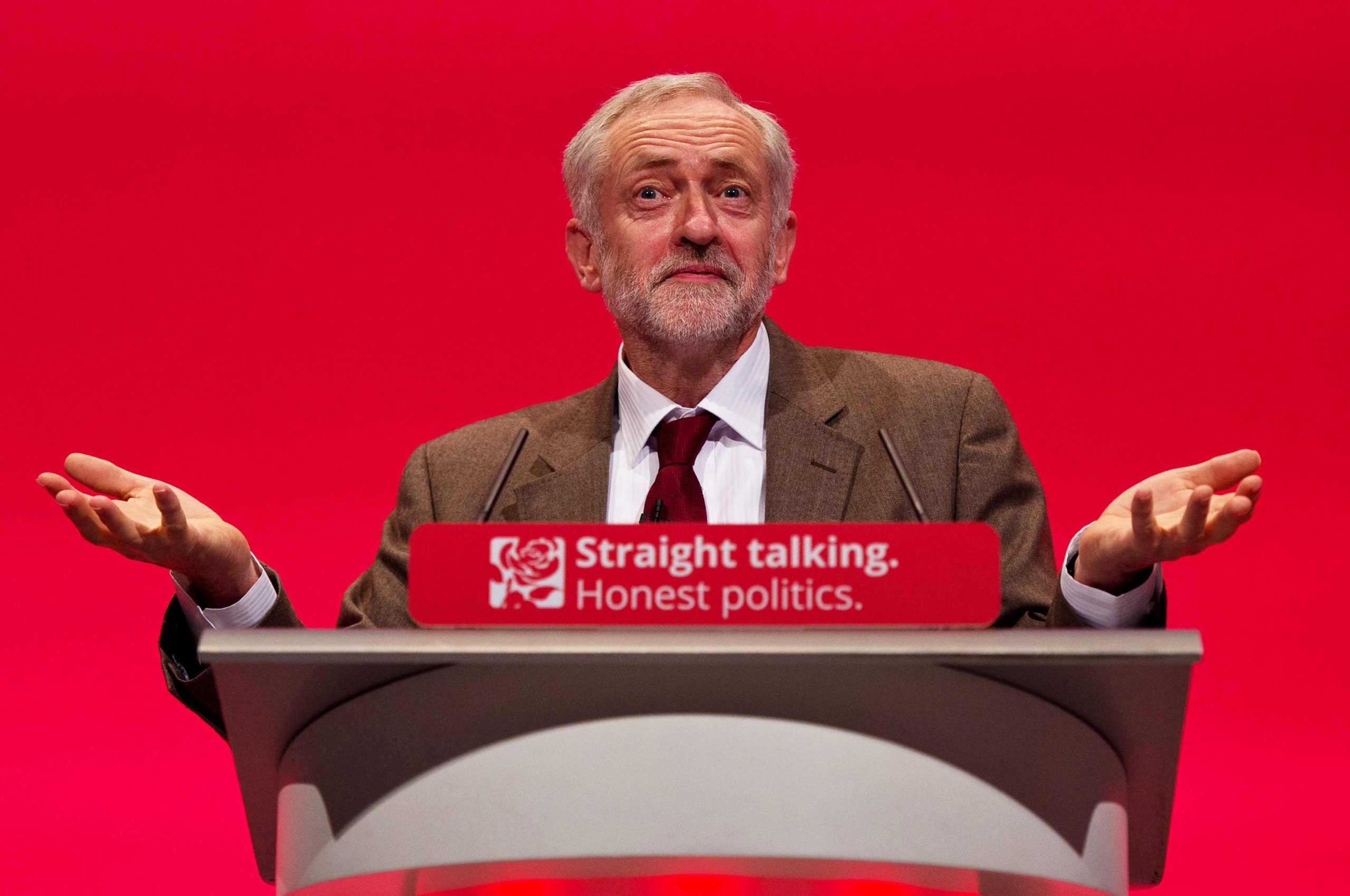
Are these the last days of Jeremy Corbyn? The Manchester Evening News’ Jennifer Williams tweets that the Labour leader has given his departure date to his inner circle. It adds to the general maelstrom of rumours around the Labour leader will not serve until the next election, and instead will hand over to a preferred successor. (For what it’s worth, the rumours have been denied by the leader’s office.)
Are the rumours true? It seems unlikely to me, to put it mildly, that Corbyn would plan his exit unless he could guarantee that his chosen successor would at least be able to participate in the contest that followed. At present, Labour’s rules mean that any candidate would have to secure the support of 15 per cent of the party’s parliamentary party, which includes not only MPs but members of the European Parliament.
What is undeniably true is that the leadership is engaged in serious succession planning with, as I wrote back in November, Rebecca Long-Bailey the preferred successor. Much to the irritation of Corbynsceptics on party’s ruling national executive committee, she is often singled out for praise by Corbynites on the NEC, and the Labour leadership is keen to get her on air more, with the response to the budget regarded as a particularly good launching pad for her.
But at present there is no plausible path to 38 signatures for any Corbynite successor that I can see. Even Clive Lewis, who has distanced himself from Corbyn on a variety of issues, would struggle, as his natural second home, the party’s soft left, has a variety of candidates of its own to choose from: Keir Starmer, Emily Thornberry, Lisa Nandy and Angela Rayner are among the plausible contenders from that tendency.
So any attempt to change leaders midstream will only occur if there is a path to the ballot paper for that candidate. The leadership does privately hope that the proposed rule change, lowering the number of MPs required from 15 per cent to five per cent, will pass. (As it stands, that would mean just 13 MPs and MEPs would be able to put a candidate on the ballot.)
But the chances of that rule change passing are fairly slim. Corbynsceptics have continued to organise well at a local level and the path to a rule change on the conference floor looks tricky. Without that, there is no chance of Corbyn stepping down any time soon.






